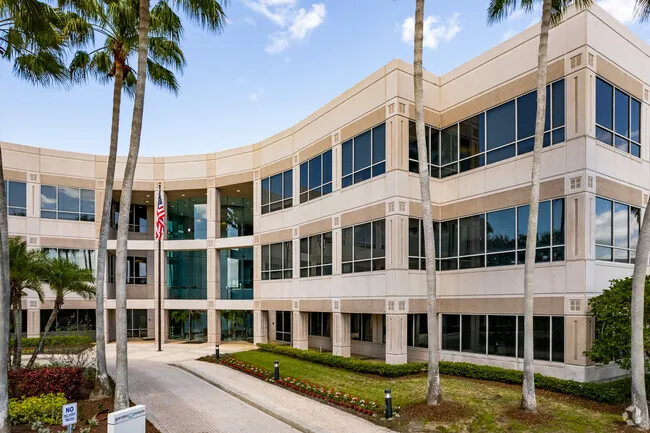Florida, known for its sunshine, vibrant culture, and booming economy, has long been a hotspot for real estate investment. Among its various sectors, commercial real estate stands out as a particularly lucrative opportunity for investors seeking stable returns and long-term growth prospects. In this blog post, we delve into the diverse landscape of commercial real estate investment in Florida, exploring key strategies, trends, and potential opportunities for investors.

Florida’s commercial real estate market is dynamic and multifaceted, encompassing a wide range of property types including office buildings, retail centers, industrial warehouses, hospitality properties, and multifamily residential complexes. Each sector offers unique investment opportunities and challenges, influenced by factors such as location, demographics, and economic trends.
While commercial real estate investment in Florida offers lucrative opportunities, it’s essential for investors to conduct thorough due diligence and risk assessment before committing capital. Factors to consider include market fundamentals, property condition, tenant quality, lease terms, zoning regulations, and potential environmental liabilities. Engaging qualified real estate professionals, such as brokers, attorneys, and property managers, can help mitigate risks and maximize returns.
Florida’s commercial real estate market presents a wealth of opportunities for investors seeking to unlock value and achieve financial success. By understanding the diverse investment strategies, emerging trends, and risk management considerations outlined in this post, investors can navigate the market with confidence and capitalize on the state’s dynamic economy and vibrant real estate landscape. Explore profitable investment options and seize the potential of commercial real estate in Ocala with SVN MacDonald & Company – your go-to partner for success in Florida’s booming economy.
All SVN® Offices Independently Owned and Operated | © 2025 SVN McDonald & Company | Powered by Searchalytics